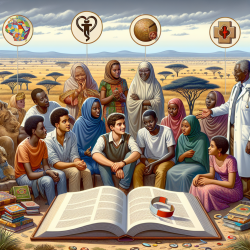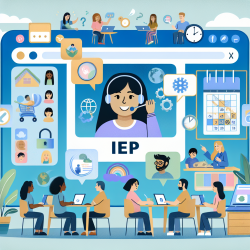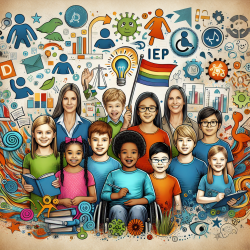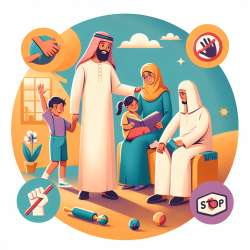In the realm of adolescent mental health and psychosocial interventions, a recent systematic scoping review published in eClinicalMedicine has shed light on the integration of sexual and reproductive rights and health (SRHR), HIV care, and prevention for adolescents aged 10–24 years in sub-Saharan Africa. This comprehensive study highlights the need for practitioners to incorporate mental health components into their interventions effectively.
Key Findings from the Study
The review identified that mental health concerns are often underrepresented in SRHR and HIV interventions. However, psychoeducation and cognitive behavioral strategies such as improved communication, assertiveness training, and informational support were widely offered. The study analyzed 27 interventional designs across nine countries in sub-Saharan Africa, revealing that social or community ecology problems like orphanhood, sexual abuse, homelessness, and negative cultural norms were prevalent risk factors.
Implications for Practitioners
For practitioners working with adolescents in sub-Saharan Africa or similar contexts, this study underscores the importance of integrating mental health components into SRHR and HIV interventions. Here are some actionable insights:
- Emphasize Psychoeducation: Educate adolescents about mental health as part of SRHR programs to improve their understanding and reduce stigma.
- Utilize Cognitive Behavioral Strategies: Incorporate techniques such as assertiveness training and problem-solving skills to empower adolescents.
- Address Social Determinants: Recognize and address social issues like poverty and cultural norms that impact adolescent well-being.
- Adopt Multimodal Interventions: Use a combination of peer, community, family, digital, and mixed modality interventions to address diverse needs.
The Need for Further Research
This review also highlights gaps in current research and practice. Practitioners are encouraged to conduct further studies focusing on:
- Mental Health Integration: Explore ways to better integrate mental health services within existing SRHR and HIV frameworks.
- Cultural Sensitivity: Develop culturally sensitive interventions that respect local traditions while promoting positive change.
- Diverse Populations: Expand research to include underrepresented groups such as adolescent boys and out-of-school youth.
The findings of this study provide a valuable foundation for enhancing practitioner skills and improving adolescent health outcomes. By implementing these insights, practitioners can contribute to more effective and holistic care for young people in sub-Saharan Africa.
To read the original research paper, please follow this link: Mental health and psychosocial interventions integrating sexual and reproductive rights and health, and HIV care and prevention for adolescents and young people (10–24 years) in sub-Saharan Africa: a systematic scoping review.










